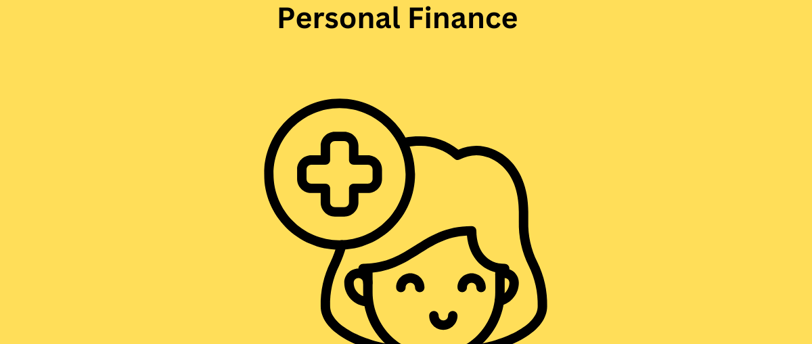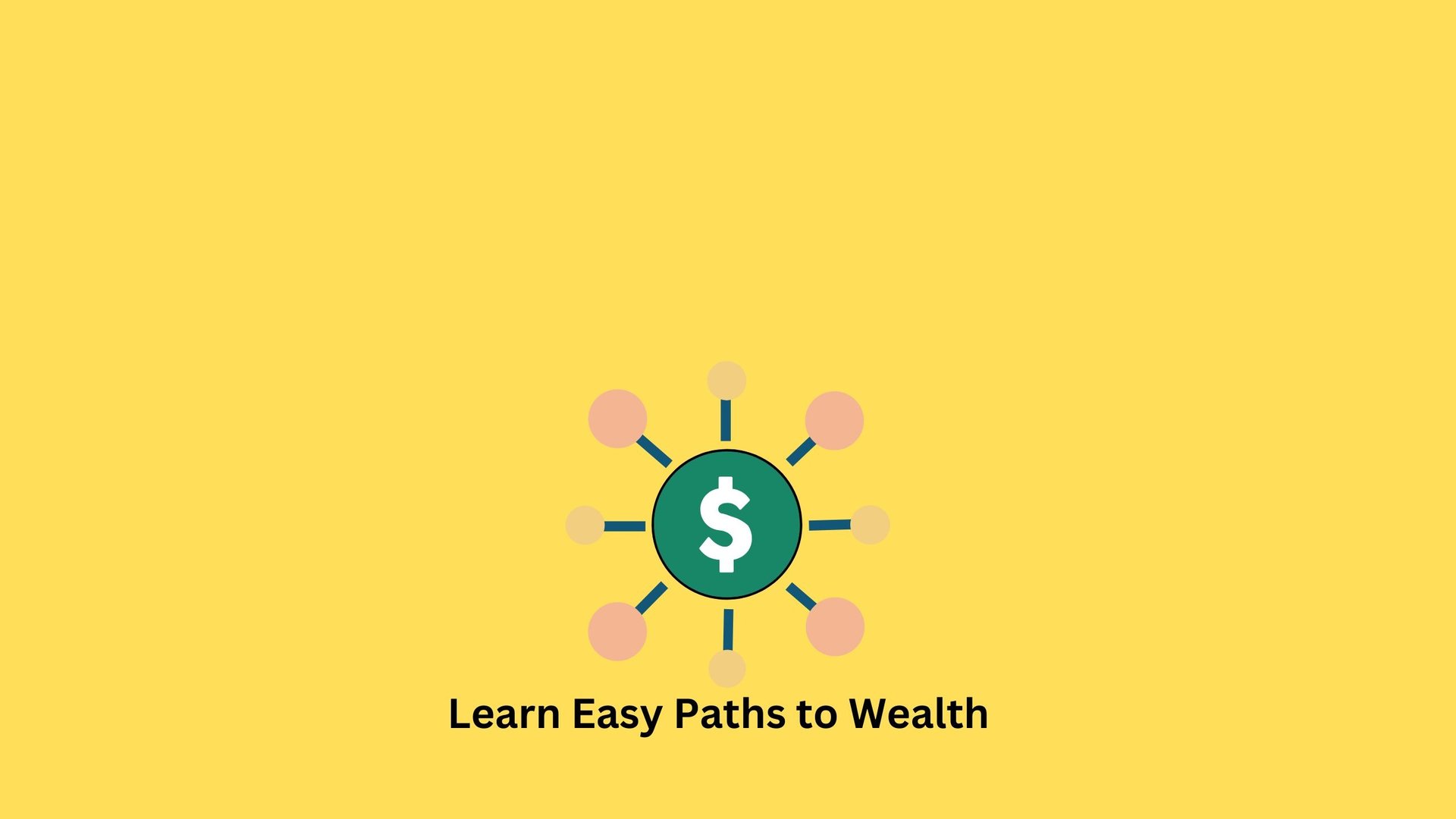Overcoming Lack of Knowledge in Personal Finance
Solutions to lack of knowledge in personal finance
FINANCIAL INDEPENDENCE
Awah Aweh
3/5/20252 min read


Many people feel lost when it comes to personal finance. Terms like budgeting, saving, and investing can seem confusing. But don’t worry! This article will help you understand the basics. With a few simple steps, you can take control of your finances and build a brighter future.
Understanding Personal Finance Basics.
1. Budgeting: This is simply tracking how much money you earn and spend. It helps you see where your money goes.
2. Saving: This means setting aside money for future needs or emergencies. It’s important to save regularly.
3. Investing: This is using your money to make more money. It can involve stocks, bonds, or real estate.
Practical Exercises
Exercise 1: Create a Simple Budget.
List Your Income: Write down all sources of income. This includes your salary, side jobs, or any other money you receive each month.
Track Your Expenses: For one month, keep a record of everything you spend. Use a notebook or an app to track your spending.
Categorize Your Expenses: Divide your spending into categories like groceries, rent, entertainment, etc.
Analyze: At the end of the month, review your spending. Are there areas where you can cut back?
Example: If you find you’re spending a lot on eating out, consider cooking at home more often. This can save you money and be healthier!
Exercise 2: Start a Savings Habit.
Set a Savings Goal: Decide what you want to save for. It could be an emergency fund, a vacation, or a new gadget.
Choose a Method: Open a savings account if you don’t have one. This keeps your savings separate from your spending money.
Automate Your Savings: Set up automatic transfers from your checking account to your savings account each month. Start small; even $20 a month adds up!
Opportunity: By saving regularly, you create a safety net for unexpected expenses. This gives you peace of mind.
Exercise 3: Learn About Investing.
Start with Research: Read beginner-friendly books or articles about investing. Websites like Investopedia can be helpful.
Consider a Small Investment: If you feel comfortable, open a brokerage account and start with a small amount. Many apps allow you to invest with as little as $5.
Diversify Your Investments: Instead of putting all your money in one place, spread it out across different types of investments. This reduces risk.
Insights
Knowledge is power. The more you learn about personal finance, the better decisions you can make. Start with the basics and build your understanding over time.
Conclusion
Overcoming a lack of knowledge in personal finance is possible. By creating a budget, establishing a savings habit, and learning to invest, you can take control of your financial future.
Call to Action
Take the first step today! Choose one exercise from this article and commit to doing it this week. Remember, every small step counts in your journey toward financial literacy.
Final Thought
As you learn and grow, you'll feel more confident in managing your money. Start now, and watch your financial knowledge blossom!

